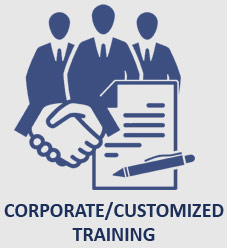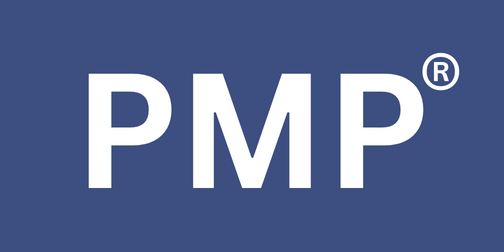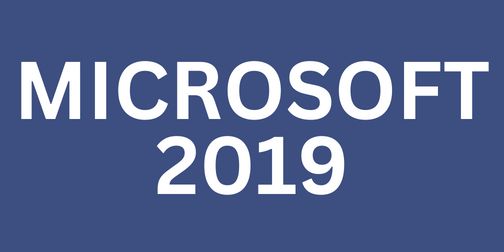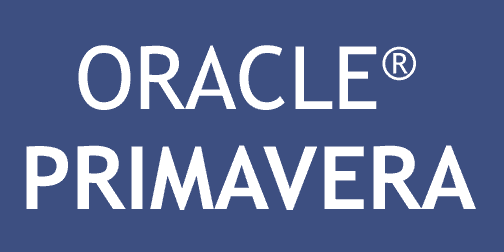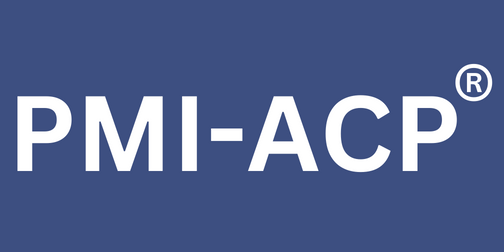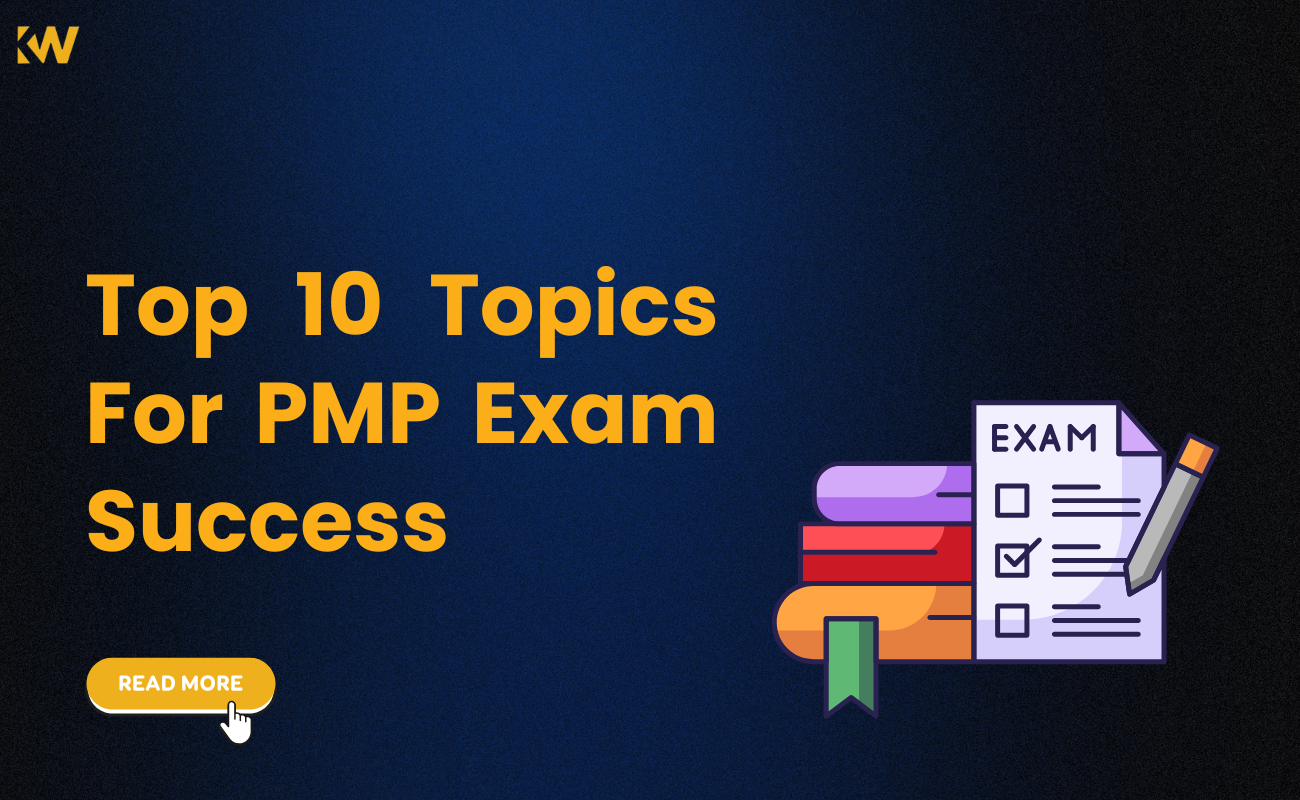
Top 10 Topics to Concentrate on for Optimum Success in the PMP Exam
Posted On January 2, 2025 - 12:05 PM
The Project Management Professional (PMP(r)) certification is a widely acknowledged recognized credential that demonstrates your knowledge in project management. With the rigorous syllabus and demanding structure it is a challenging exam. PMP test requires a thorough knowledge of the core concepts as well as practical application. To succeed, you must have careful preparation and a focus on the most important areas. Here, we will go over the top 10 topics you need to learn to master to ensure success on the PMP test.
1. Project Management Framework
-
The basis of project management lies within its structure. This is the basis for all concepts related to project management and procedures.
-
Key Focus Areas:
-
Know the five stages of a process The five process groups are: Initiating Planning, Monitoring and Controlling, Executing and Closing.
-
Explore the ten areas of knowledge which include the integration, scope, schedule and the management of risk.
-
Get familiar with organizational structures, such as matrix, functional, and project-based environments.
-
Why it's important : Understanding the structure helps you see the bigger picture and connect various project elements. It's the foundation for understanding the way other processes function.
2. Agile and Hybrid Methodologies
-
Agile practices are becoming more important in the PMP exam, which reflects the current trend towards flexible project management.
-
Key Focus Areas:
-
Learn about what is in the Agile Manifesto and its principles.
-
Examine frameworks for study such as Scrum, Kanban, and XP (Extreme Programming).
-
Learn hybrid methods, which combine adaptive and predictive methods.
-
Practical Example: Imagine a retail software development project. Agile techniques can aid teams to deliver updates iteratively, while hybrid approaches ensure that critical deadlines are met within a set budget.
-
Why it's important : A lot of organizations are adopting Agile or hybrid methods and the PMP exam tests your capability to manage these projects.
3. Integration Management
-
Integration management makes sure that every aspect that are involved in the process can be synchronized efficiently.
-
Key Focus Areas:
-
Design the project's charter and the project management plan.
-
Control and monitor the work of projects and monitor project progress, as well as implementing the integrated control of change.
-
Make sure that the project's deliverables are in line with the objectives set out in the beginning.
-
A practical example in the construction industry integration management is a way to ensure that design, procurement and execution teams are together to avoid costly delays or the need to rework.
-
What's the significance of HTML0 Integration is crucial to the success of a project. Without adequate coordination, projects can quickly drift off course.
4. Scope Management
-
The definition and control of the scope of the project and what isn't is the primary goal in scope control.
-
Key Focus Areas:
-
Make a clear scope statement and Create a clear Work Breakdown Structure (WBS).
-
Learn techniques for scope validation to ensure that deliverables meet the requirements.
-
Control scope changes to prevent the possibility of scope expansion.
-
An Example in an e-commerce website managing scope ensures that the website has all of the necessary features, such as payment gateways. However, it is careful not to add unnecessary features like complicated AI chatbots unless requested.
-
Why it's important : A proper management of scope ensures that the project stays on track and within the budget.
5. Schedule Management
-
Time is a major restriction in project management and scheduling management makes sure that projects are completed within the specified timeframe.
-
Key Focus Areas:
-
Create a schedule for your project by using tools like Gantt charts or diagrams of networks.
-
Learn about what is the Critical Path Method (CPM) and the float management.
-
Learn about scheduling compression techniques such as the crash and speed-tracking.
-
A Practical Experiment A marketing campaign, scheduling management ensures the creation of content on time media placement, as well as event execution in order to meet the launch date.
-
What's the significance of HTML0? Effective scheduling helps avoid delays and keeps all everyone happy.
6. Cost Management
-
Effectively managing project finances is essential to stay within the budget.
-
Key Focus Areas:
-
Learn cost estimation techniques, such as bottom-up or analogous estimation.
-
Master Earned Value Management (EVM) to evaluate the performance of a project.
-
Know the most important metrics such as Cost Variance (CV) and Cost Performance Index (CPI).
-
A Practical Experiment : for a release of a new product, managing costs will ensure that expenditure stays within the budget approved that covers all aspects of the launch starting from R&D through marketing.
-
Why it's important : Overruns in the financial budget can delay a project and result in dissatisfied customers.
7. Risk Management
-
Recognizing, analyzing and addressing risks is essential to ensure the project's success.
-
Key Focus Areas:
-
Learn how to identify risk using tools such as sketching out SWOT analyses and.
-
Know the qualitative and quantitative risk analysis techniques.
-
Master risk response strategies that address risks: Avoid, reduce the risk, transfer and accept.
-
A Practical Experiment A project involving retail supply chains, the management of risk could include contingency plans for delays in supply chain as well as material shortages.
-
Why it's important : A proactive approach to risk management reduces disruptions and helps ensure smoother execution of projects.
8. Stakeholder Management
-
Managing relations with the stakeholders are essential to the success of a project.
-
Key Focus Areas:
-
Determine the stakeholders involved and evaluate their impact and influence.
-
Plan for stakeholder engagement to control expectations.
-
Learn techniques for resolving conflicts to resolve disagreements successfully.
-
An Example In an initiative for community development Stakeholder management is a way to ensure that local residents, the government and contractors are in agreement with the project's goals.
-
What's the significance of HTML0 Stakeholders who are engaged are essential to a successful project However, those who are not engaged could cause problems.
9. Quality Management
-
A product or service that exceeds expectations of the customer requires a robust quality management.
-
Key Focus Areas:
-
Find out about quality planning as well as assurance and control procedures.
-
Get familiar with tools such as Pareto charts Control charts, Pareto charts, as well as cause and effect diagrams.
-
Be aware of the importance of ongoing improvement strategies.
-
An Example in retail projects Quality management makes sure that the store layouts display, product displays, and customer service meets the standards of the brand.
-
What's the significance of HTML0? Deliverables of high-quality enhance customer satisfaction and build trust in the project.
10. Communication Management
-
Effective communication will ensure that all parties are in the same boat throughout the duration of the project.
-
Key Focus Areas:
-
Plan a plan for communication that includes methods such as frequency, frequency, and communication tools.
-
Learn strategies to manage multicultural and virtual team communication.
-
Monitor and enhance communications channels, as the work develops.
-
A Practical Experiment : in an international rollout of software communication management is a way to ensure continuous updates between the development teams, clients and the end-users.
-
What is it and why it's important : A lack of communication can cause delays in projects miscommunications, confusions, and not meeting expectations.
Tips for Studying These Topics
-
Practice Mock Tests : Practice the real exam environment to increase your time management and confidence.
-
Utilize PMI Resources : Use resources like PMBOK(r) Guide and Agile Practice Guide. PMBOK(r) guide and the the Agile Practice Guide.
-
Begin Study Groups : Collaboration with fellow classmates to address any issues and exchange ideas.
-
The focus is On Real-World Applications: Understand how these concepts are applicable to real-world scenarios for projects.
Final Thoughts
Understanding these 10 subjects will not only aid you in passing the PMP test, but will also help you improve your knowledge of project management. Spend time studying consistently keep your focus on the task at hand, and plan your study carefully. If you put your mind to it and make the dedication, you can earn the PMP certification and gain access to new career possibilities!
Chech out this blog : Stuck in Your Career? How Certification Training Can Break Barriers











